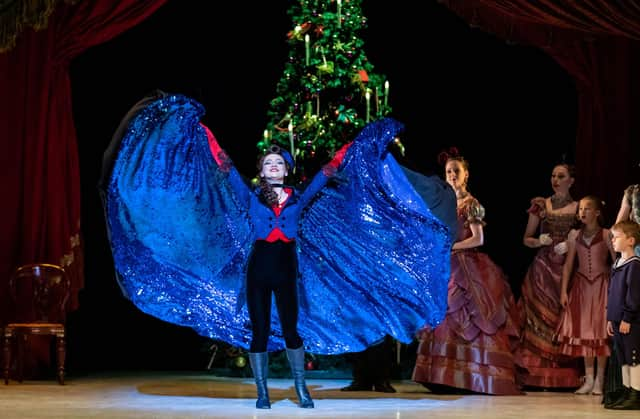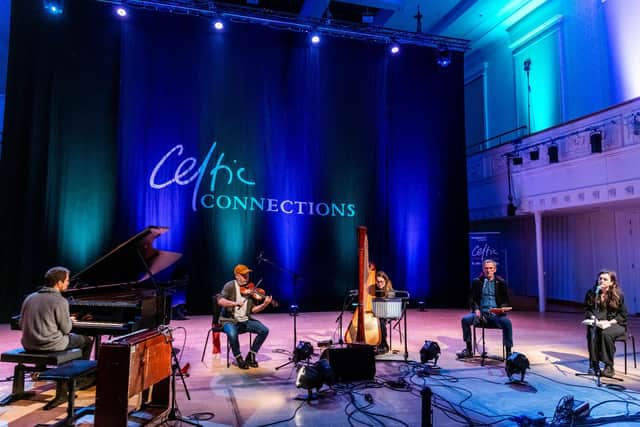Scottish culture has made huge progress towards recovery over the last year – Brian Ferguson


That feeling is certainly heightened this year given the huge uncertainly created by the new Omicron variant.
Just as in the hospitality sector, the festive season is one of the busiest and most important for Scottish culture.
Advertisement
Hide AdAdvertisement
Hide AdThe box office takings for pantomime and other festive shows help sustain programming throughout the year at venues across the country and also provide crucial work for performers.
While ticket sales for any show will not have been helped by public health advice to put off Christmas parties this year, the truth of the matter is people will have forked out for tickets for the shows which are currently filling hundreds of venues months in advance.
While many venues and event organisers will no doubt be fearful over what the next few weeks and months may bring, amid the threat of new restrictions being imposed at short notice, there is no doubt that huge progress has been made in reviving Scottish culture over the last 12 months.
It is certainly worth recalling that this time last year Covid had all but wiped out festive events – with outdoor lighting trails all that survived the ever-tightening restrictions last November and December.
What was to follow was certainly a year of two halves. Events which had just escaped the pandemic in 2020, like Celtic Connections and the Glasgow Film Festival, were completely reinvented as genuinely high-quality online experiences which broadened their global reach.


The return of live events took a lot longer and was a lot more cautious than anyone could have anticipated this time last year.
Scottish Opera and Pitlochry Festival Theatre effectively created new outdoor venues to get things up and running again as soon as regulations allowed, even if audience members had to be seated two metres apart. Capers in Cannich, a musical festival staged in a Highland glen, was pretty much first out of the box in terms of live entertainment in Scotland back in May.
A huge collective effort behind the scenes rebooted Edinburgh’s festivals in all manner of intriguing ways, not least by taking audiences to unexpected locations like Silverknowes Beach, Tynecastle Park and the grounds of Newhailes House in Musselburgh, while Angus Farquhar’s Over Lunan event in Arbroath heralded the onset on autumn and winter in spectacular and moving fashion.
Advertisement
Hide AdAdvertisement
Hide AdIt took until September – a good 18 months after the initial shutdown of Scottish cultural venues – for full-capacity events to return, with Glasgow’s TRNSMT festival leading the way after being put back from July, a gamble that paid off handsomely.
The autumn saw some sense of normality return, despite the undoubted anxieties of many people over being back inside packed venues.
It was certainly intriguing seeing how different venues and audiences responded to the restrictions on face coverings, while the introduction of a vaccine passports scheme seemed to pass off without any significant problems.
But it has also been fascinating to see venues and events continue to embrace the new technology which has done so much to sustain and develop audiences since the start of the pandemic. It may yet prove crucial to keeping the entertainment going over a tricky few months ahead.
A message from the Editor:
Thank you for reading this article. We're more reliant on your support than ever as the shift in consumer habits brought about by coronavirus impacts our advertisers.
If you haven't already, please consider supporting our trusted, fact-checked journalism by taking out a digital subscription.
Comments
Want to join the conversation? Please or to comment on this article.
